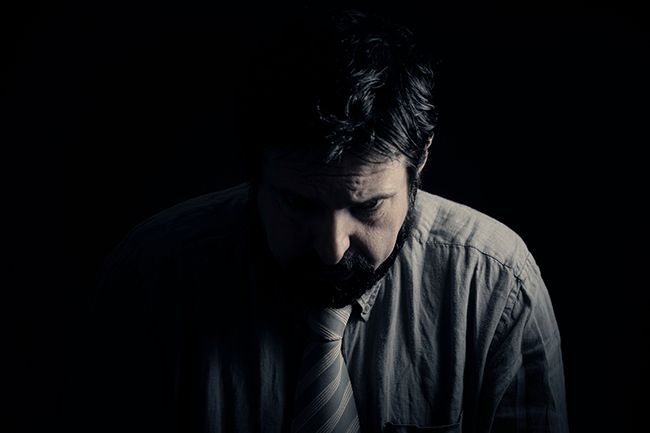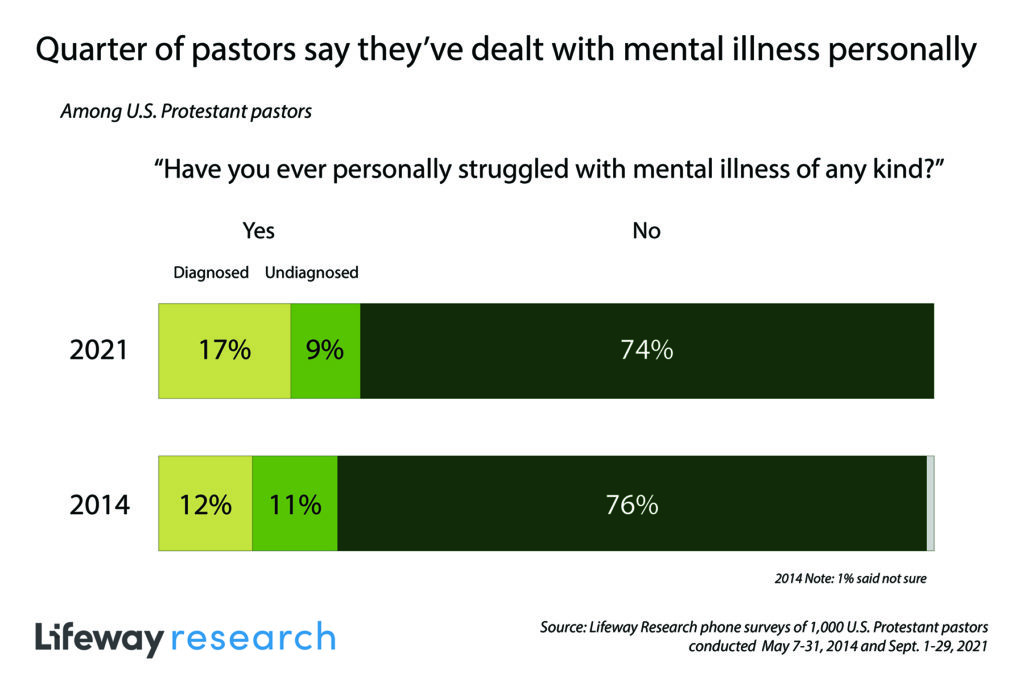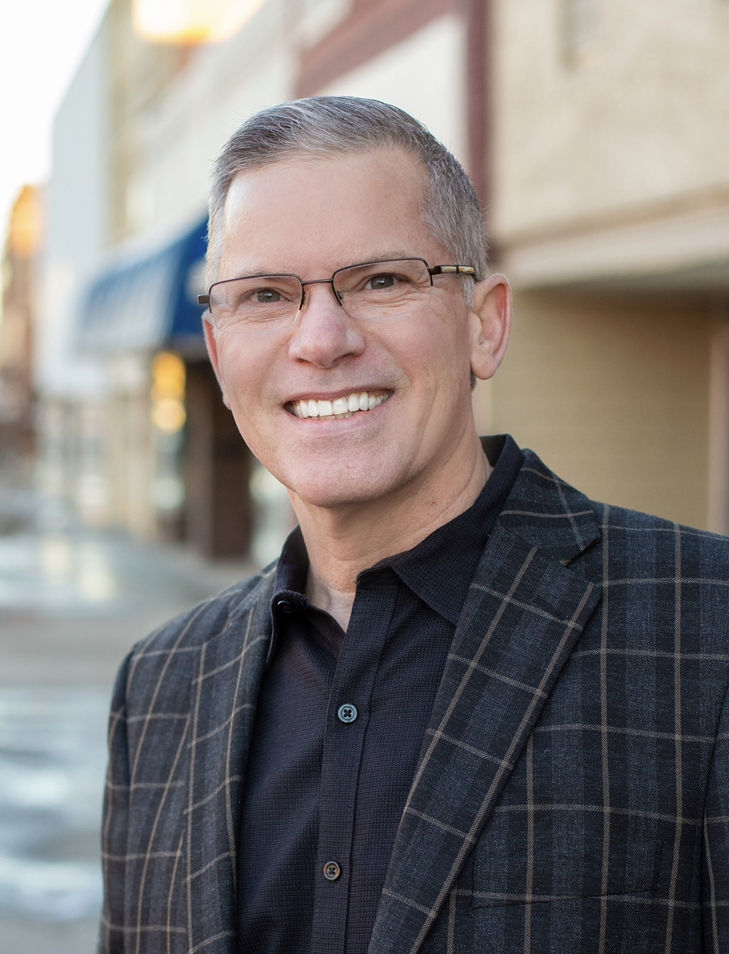
Most ministry leaders are unsure how to help people—or even themselves—through dark seasons, including seasons of clinical depression.
By Mark Dance
After pastoring in a fog of clinical depression for several months, I came close to walking away from the church I was pastoring—and ministry altogether.
I had been pastoring for 22 years at the time and was burned out and fed up—mostly with myself. At first, I was determined to figure it out and fix it myself, which would have been a monumental waste of time. Fortunately, I instead sought counsel from my family physician and a local therapist who worked together to help me get healthy again.
A 2021 Lifeway Research study found 26% of pastors say they have personally experienced some type of mental illness, a third of whom (9%) self-diagnosed.

Because most ministry leaders are not mental health professionals, we are typically unsure of how to help people—including ourselves—through dark seasons. Here are four lessons I learned through my experience. I pray they will be helpful to you both personally and professionally.
26% of pastors say they have personally experienced some type of mental illness, a third of whom (9%) self-diagnosed. Click To Tweet1. Don’t self-diagnose
When I realized the dark clouds in my head had set in for too long, I naively asked my wife Janet if she thought I was clinically depressed. It occurred to me the next day that this question put both of us in awkward positions since neither of us were mental health professionals. So I did something radical for a pastor; I asked a professional for help.
Our family physician asked me a few questions about my thoughts, feelings, sleep, concentration, eating, work routines, etc. Then, he almost casually diagnosed me with clinical depression. He prescribed some changes in my routine and some medication I took for almost a year, both of which were helpful.
Almost a week later, a licensed therapist, who was a member of our church, came to my office to make sure I knew I was clinically depressed and getting help for it. Within a week, two people who had not even met each other diagnosed me.
2. Let others pastor you
Understandably, the perceived stigma of clinical depression makes it harder for ministers or their family members to seek ongoing help within the communities we serve. But don’t let the stigma become an excuse to ignore your mental wellness.
During that season of depression for me, I met monthly with a therapist, three to four times a year with my physician, and quarterly with a handful of deacons who called themselves “The Pastor Support Team.” These deacons just wanted to know how I was doing personally, not professionally. Deacons have been a part of God’s plan for pastoral wellness since the day they showed up to help in Acts 6.
“It is humbling for a pastor to be on the receiving end of pastoral care, but it is not humiliating.” — @markdance Click To TweetIt is humbling for a pastor to be on the receiving end of pastoral care, but it is not humiliating. Jesus surrounded me with caring, qualified people who were helping me get healthy again. He and His people will do that for you as well if you simply ask for help.
3. Trust the Lord for healing
“Simon, Simon, look out. Satan has asked to sift you like wheat. But I have prayed for you that your faith may not fail. And you, when you have turned back, strengthen your brothers” (Luke 22:31-32, CSB).
Satan has a plan for your life, but so does Jesus. And He has already won the battle for your soul. God obviously allowed Peter to go through the sifting and refining process so he could grow in both strength and humility, both of which he would need later. We also know God has plans for your life and ministry.
“‘For I know the plans I have for you’—this is the Lord’s declaration—‘plans for your well-being, not for disaster, to give you a future and a hope’” (Jeremiah 29:11, CSB).
Jesus is the hero of your story and mine. The same God who called us promises to finish what He started, so let’s trust Him together.
4. Help someone else off a cliff
I am glad I did not end my ministry by hastily running away from my problems. Little did I know my favorite season of ministry as a pastor and then as a pastor advocate at GuideStone would be right around the corner.
Pastor, please get healthy for the sake of your family and ministry, as well as for yourself and the kingdom. Self-care is not self-centered; it is strategic for pastors and ministry leaders.
“Self-care is not self-centered; it is strategic for pastors and ministry leaders.” — @markdance Click To Tweet“Pay close attention to your life and your teaching; persevere in these things, for in doing this you will save both yourself and your hearers” (1 Timothy 4:16, CSB).
Once you have gotten healthy, help other pastors off that same cliff.
“And you, when you have turned back, strengthen your brothers” (Luke 22:32b, CSB).
When the body of Christ is healthy, it’s free to transform the world—and there are many who want to help guide and equip your ministry and its people to do just that.
For permission to republish this article, contact Marissa Postell Sullivan.

Mark Dance
After serving as a pastor for 27 years, Mark Dance is now the director of pastoral wellness for GuideStone Financial Resources and is the author of Start to Finish.
To learn more about stewarding mental health as a means of finishing well in ministry, check out Mark’s latest book “Start to Finish” at StartToFinishBook.com.
GuideStone understands the critical role good mental health plays in overall well-being. For more wellness resources and solutions, visit GuideStone.org/MentalHealth.












